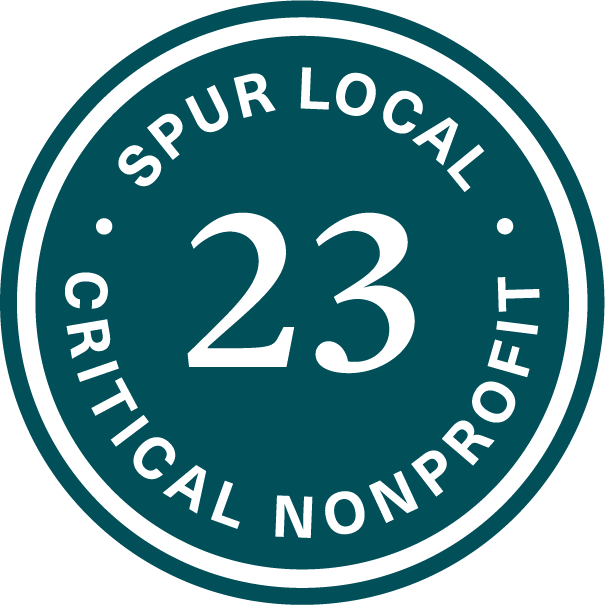Substance Use and Justice Involvement Report Released

On August 25, 2020, the Office of the District of Columbia Auditor (ODCA) released Everything is Scattered: The Intersection of Substance Use Disorders and Justice-Involvement in the District. The report – which CCE researched and wrote on behalf of ODCA – highlights both the District’s successes and challenges in addressing the substance use disorder (“SUD”) treatment needs of people who are involved in the criminal justice system, with the goal of improving health outcomes and reducing incarceration for D.C. residents.
DOWNLOAD
SUPPLEMENTAL MATERIALS
Summary of Findings and Recommendations
Case Study: Lessons from the Life and Death of Alice Carter, by Street Sense Media
MEDIA COVERAGE
The Washington Post, Peter Jamison, Many D.C. drug users not receiving consistent treatment after arrest, audit shows (Aug 25, 2020)
DCist, Margaret Barthel, D.C. Struggled To Provide Continuous Care For Drug Users In Its Criminal Justice System, Report Finds (Aug 25, 2020)
“Before this Audit, we already knew that SUDs and justice-involvement were linked. We also knew that because of the opioid crisis, SUDs were increasingly in the public eye, including here in D.C. But opioids just tell one part of the story,” says Misty C. Thomas, Executive Director of the Council for Court Excellence. “People have many different SUDs; and all of them can be destructive in individual lives, and lead to enormous societal consequences. Before now, we knew very little about the intersections of SUDs and criminal justice involvement in D.C., or how our systems to prevent the cycle and provide treatment have been working.”
In addition to evaluating the relevant SUD programs of the D.C. Department of Behavioral Health (DBH) and the Department of Corrections (DOC), CCE conducted the first-ever analysis of SUD service, arrest, and incarceration data from D.C. agencies. “The audit expands the universe of what is now known about SUD clients and their involvement with the justice system, and we hope that the dataset will live on and be used by the District to improve SUD treatment outcomes and reduce justice involvement,” said Audit Steering Committee Chair Michael D. Hays.
Although we found that DBH and DOC have accomplished much to enhance and expand their provision of SUD services recently, CCE’s review revealed several areas where improvements are needed. In the report, we recommend that the District:
· Make D.C.’s pre-arrest diversion options more robust to keep people with SUDs out of the criminal justice system.
· Develop jail intake procedures to identify more people with SUDs.
· Expand SUD treatment in D.C.’s jails.
· Help more people quickly connect to community-based treatment when leaving jail.
· Share data and information about SUD clients between agencies.
· Set public benchmarks for improved outcomes for this vulnerable population and hold relevant agencies accountable.
· Continue to improve communications with SUD clients, providers, and the public.
To request a hard copy of the report, or for media inquiries, please contact
communications@courtexcellence.org, or call (202) 785-5917x103.


